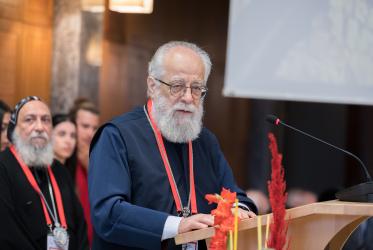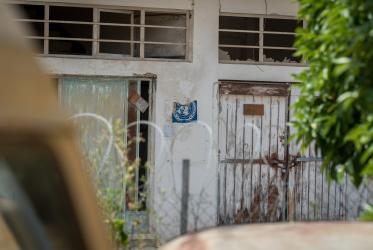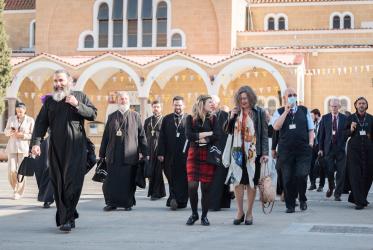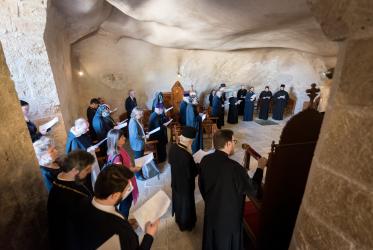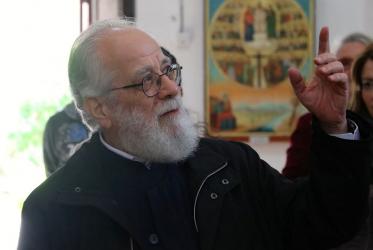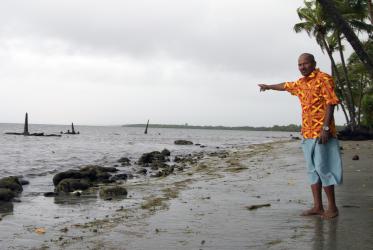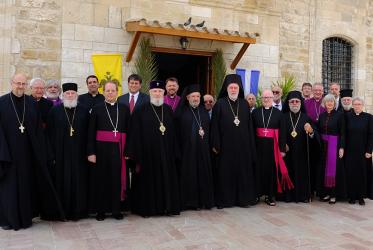Displaying 1 - 20 of 27
Inter-Orthodox Pre-Assembly Consultation
09 - 16 May 2022
The cry of the Papuans in Indonesia
14 November 2019
Anglican–Orthodox International Commission releases communique
01 November 2018
Fijian Methodists call for prayers for COP23
07 November 2017
“Walking Together” project explores pilgrimage traditions
19 December 2016
Facilitating peace with passion
26 July 2016
